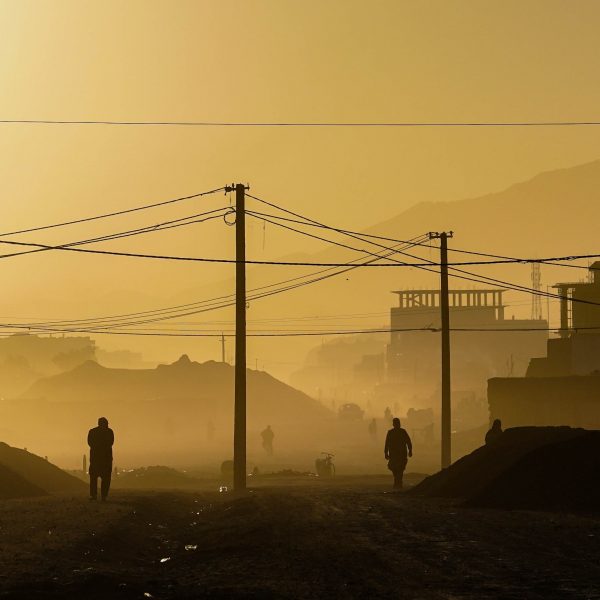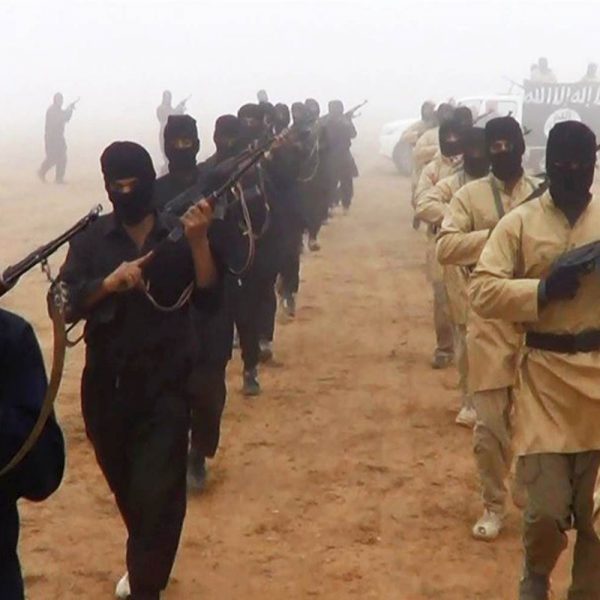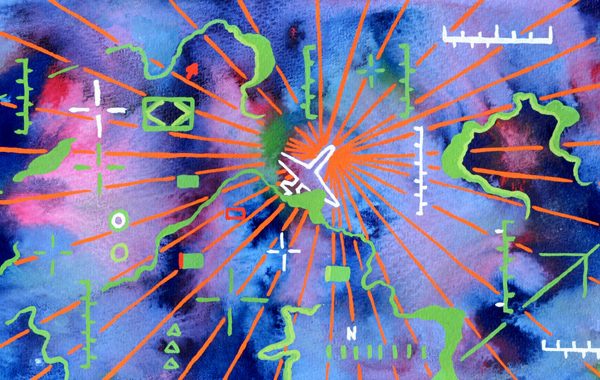Lost in Afghanistan
In less than two months, the world will mark the tenth anniversary of the global War on Terror. It seems impossible that so much time has gone by when we think of the morning of 9/11. Yet when we recall the past decade, we remember that each year of war felt like it dragged on for ten years on its own. According to Taliban author, Ahmed Rashid, in this morning’s New York Times: “Afghanistan just got more dangerous and unpredictable.” For many of us, although we have watched the war unfold for years, it remains difficult to understand the war as a whole. Looking at a timeline of the decade of war helps organize the events in our minds, but just knowing the basics is not enough to answer all the nagging questions. Tim Bird and Alex Marshall’s Afghanistan: How the West Lost Its Way not only chronicles the United States’ longest war but also addresses the questions that have plagued the West since the early years.
 Bird and Marshall examine the volatile history of ungovernable Afghanistan before the War on Terror, showing how unlikely a unified Afghanistan was before the intervention. They then analyze the miscalculations by the United States and its Western allies, scrutinizing both U.S. presidential administrations involved in the war. For example, during a September 12, 2011 meeting with President Bush, Richard Clarke (the National Coordinator for Security, Infrastructure Protection, and Counterterrorism) insisted that al-Qaeda was clearing responsible for the attacks of the day before. President Bush countered, “Look into Iraq, Saddam.” Such smaller events, which originally went unnoticed, create a clearer picture of the intervention that became a disaster.
Bird and Marshall examine the volatile history of ungovernable Afghanistan before the War on Terror, showing how unlikely a unified Afghanistan was before the intervention. They then analyze the miscalculations by the United States and its Western allies, scrutinizing both U.S. presidential administrations involved in the war. For example, during a September 12, 2011 meeting with President Bush, Richard Clarke (the National Coordinator for Security, Infrastructure Protection, and Counterterrorism) insisted that al-Qaeda was clearing responsible for the attacks of the day before. President Bush countered, “Look into Iraq, Saddam.” Such smaller events, which originally went unnoticed, create a clearer picture of the intervention that became a disaster.
Some of the smallest missteps are the most enlightening. In one Afghani village, Western military officers attempted to convince two Afghani elders to trust them by showing a film sent from London. While the movie did include a message from coalition forces, the officers were embarrassed to realize that the film-makers had also added ten minutes of underwater footage from Blue Planet. Why would they do that? Westerners’ understanding of Afghanistan had not improved after years of war. Even in March 2009, when President Obama refocused U.S. core objectives in Afghanistan, his administration seemed to be following “the pattern of strategic incoherence that had characterized” the entire war’s progression. With the West unable to fully comprehend the nature of Afghanistan, the gap between it and Afghanistan only widened.



